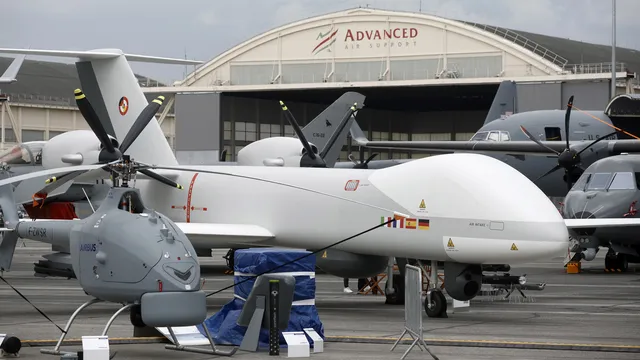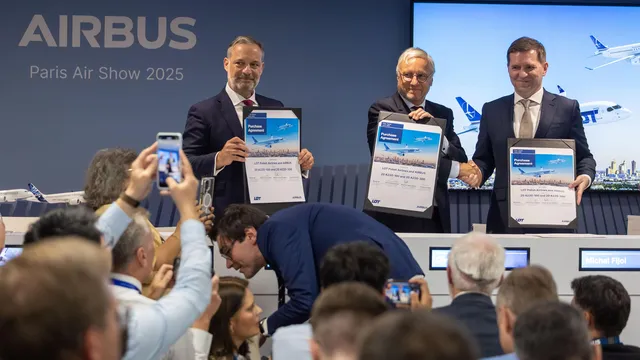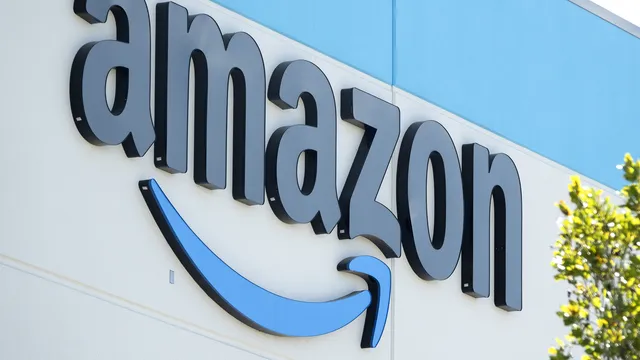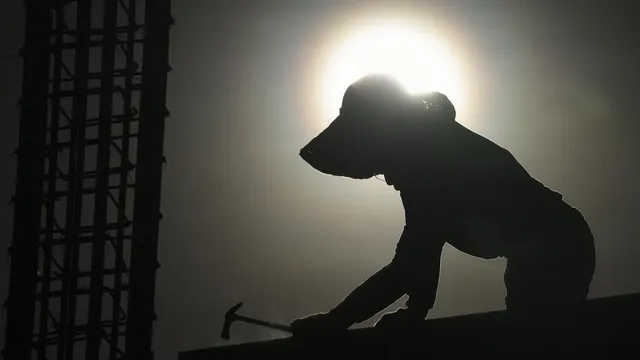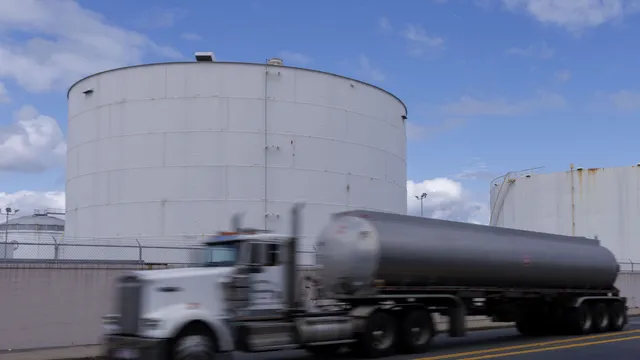The Paris Air Show begins today in Le Bourget in a tragic atmosphere following the crash of an Air India Boeing 787 Dreamliner, which killed 247 people.
This crash has had a direct impact on the show, as Boeing CEO Kelly O'Brien and Boeing Commercial Airplanes CEO Stephanie Pope have decided to cancel their visit.
GE Aeroplace, whose engines were installed on the Air India aircraft, has decided to reduce its activities.
For Boeing, whose shares plummeted on the stock market after the crash, the blow is obviously severe.
Since the crisis in 2019-2020, when the 737 Max aircraft were grounded for 20 months following the Ethiopian Airlines and Lion Air plane crashes—with a total of 346 victims—the American aircraft manufacturer has continued to accumulate failures and seems unable to capitalize on the resilience that has characterized the aviation sector in recent years.
Global aviation has suffered and continues to suffer numerous setbacks, but it is actually continuing to move forward.
Strongly supported by government aid, the sector has managed to overcome the COVID-19 pandemic, perhaps the most severe crisis in its history, but it must now face new challenges, starting with an economic context that has entered a period of turbulence.
Since Donald Trump's return to the White House, the aviation sector has been subject to commercial and strategic tensions, particularly between Europe and the US. US tariffs on European aviation products imposed by Trump are disrupting supply chains and increasing the price of aircraft. They are also forcing Europe to review its strategy for industrial sovereignty in civil and military aviation.
The ecological transition and decarbonization are another, longer-term challenge.
As commercial aviation is responsible for around 5% of global warming, the pressure to reduce its carbon footprint is stronger than ever.
The development of sustainable alternative fuels (SAFs), hydrogen propulsion, hybrid or electric aircraft, or the use of advanced composite materials are at the heart of the innovations that will be discussed in Le Bourget.
However, this is not enough for environmental NGOs, which doubt that the aviation sector will be able to achieve its goal of carbon neutrality by 2050. Condemning "climate denial," they believe that technological innovation alone will not be enough and that air traffic will need to be restricted.
Such a prospect does not seem likely in the near future. In its report on "Global Market Forecasts 2025-2044," Airbus estimated annual passenger traffic growth of 3.6% over 20 years, implying a need for 43,420 new aircraft, including 34,250 single-aisle A320-type aircraft.
As a result, the global fleet in operation will double, increasing from 24,730 aircraft at the end of 2024 to 49,210 in 2044, mainly to meet rapidly growing traffic in India and Asia.
The number of passengers will increase from 5 to 9 billion... According to consulting firm Roland Berger, Airbus will increase its share of the medium-range aircraft market from 50% today to 58% in 2030, while Boeing's share will decline to 39%.
This dizzying traffic growth forecast is the latest challenge for the aviation sector, and for Airbus in particular: how to meet such demand when the order book is full?
This question goes beyond the scope of aircraft manufacturers and should prompt us all to think collectively about sustainability. | BGNES

 Breaking news
Breaking news
 Europe
Europe
 Bulgaria
Bulgaria
